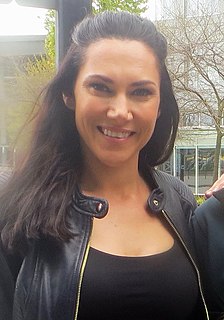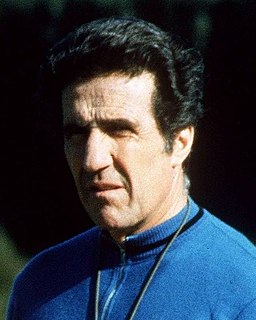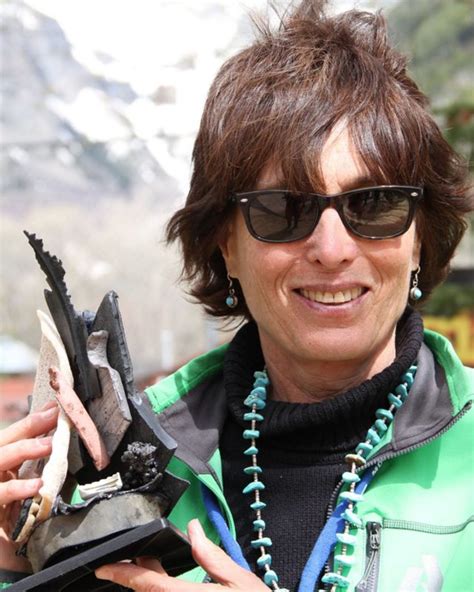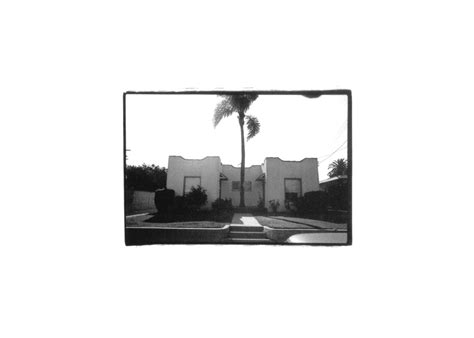A Quote by Aristotle
As for the story, whether the poet takes it ready made or constructs it for himself, he should first sketch its general outline, and then fill in the episodes and amplify in detail.
Related Quotes
There is no means of testing which decision is better, because there is no basis for comparison. We live everything as it comes, without warning, like an actor going on cold. And what can life be worth if the first rehearsal for life is life itself? That is why life is always like a sketch. No, "sketch" is not quite a word, because a sketch is an outline of something, the groundwork for a picture, whereas the sketch that is our life is a sketch for nothing, an outline with no picture.
People are trying to make decisions about whether they should vaccinate their children or not, which is still a big debate. It's something that is a true fear for people. So, when we were getting into the story, in these first few episodes, and you're seeing these people who are at the top of the CDC, they should have every answer. It's almost like a God complex.
Our experience of love is more of a measure of whether we're connected with the universal source of this energy. In other words, there's some life energy that we have and sort of share with people we might be relating to that takes place, that operates whether we're sort of feeling in a state of love or not. But love is the measure of whether we're really connected with the internal source of this energy where we can consciously sort of fill up and amplify the amount of energy that we're able to take in from the inside.
A lot of people think that they are really cool because they don't outline. In my writing group, they would say, "I will never outline. I let the characters take me." C'mon, man - I outline the story, but it's only like one page. It's a list of possible reversals in the story, like things where everything will just change because of this certain reveal or this certain action. Then I start really digging into the character because, to me, I don't care what the story is.
If you have to become a filmmaker, find a story that takes you away, and tell that story. Don't think about whether it's going to sell, or whether it's going to make money, or whether it's going to appeal to distributors. Do something from the heart that really matters, and then you'll do something good.
As a general habit and general tendency, I prefer not to bog a piece down with a great number of transitory, contemporary references, because in the end, I'm concerned, not in an abstract way, but an actual way, with creating a world which has a universality to it - even though what goes on is made up of texture and detail, contemporary detail.
When you start, it's very cold, an impossible task. But then maybe the characters start to take on a little bit of life, or the story takes a turn that you don't expect ... With me that happens a lot because I don't outline, I just have a vague notion. So it's always felt like less of a made thing and more of a found thing. That's exciting. That's a thrill.
The brain processes meaning before detail. Providing the gist, the core concept, first was like giving a thirsty person a tall glass of water. And the brain likes hierarchy. Starting with general concepts naturally leads to explaining information in a hierarchical fashion. You have to do the general idea first. And then you will see that 40 percent improvement in understanding.










































